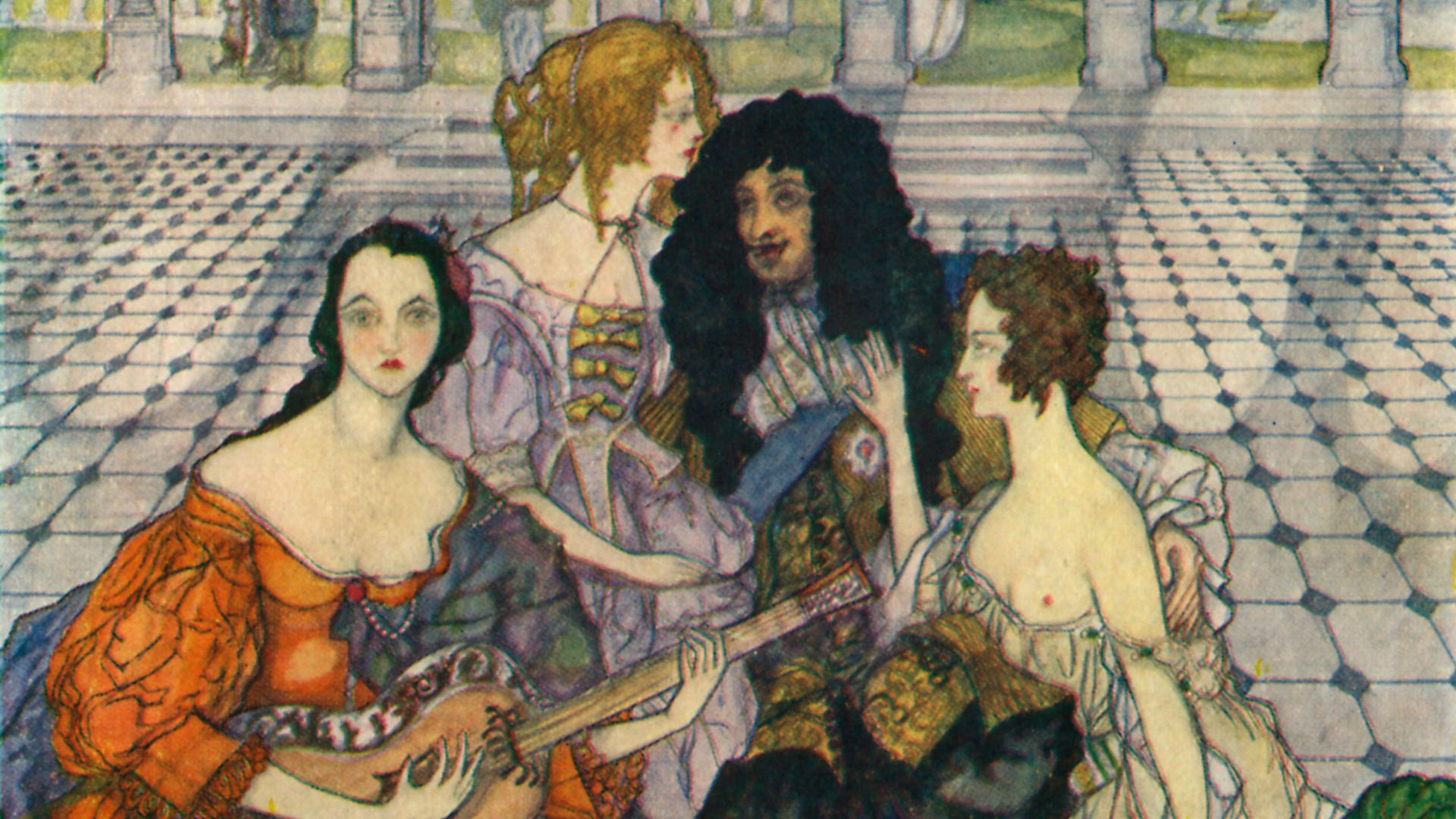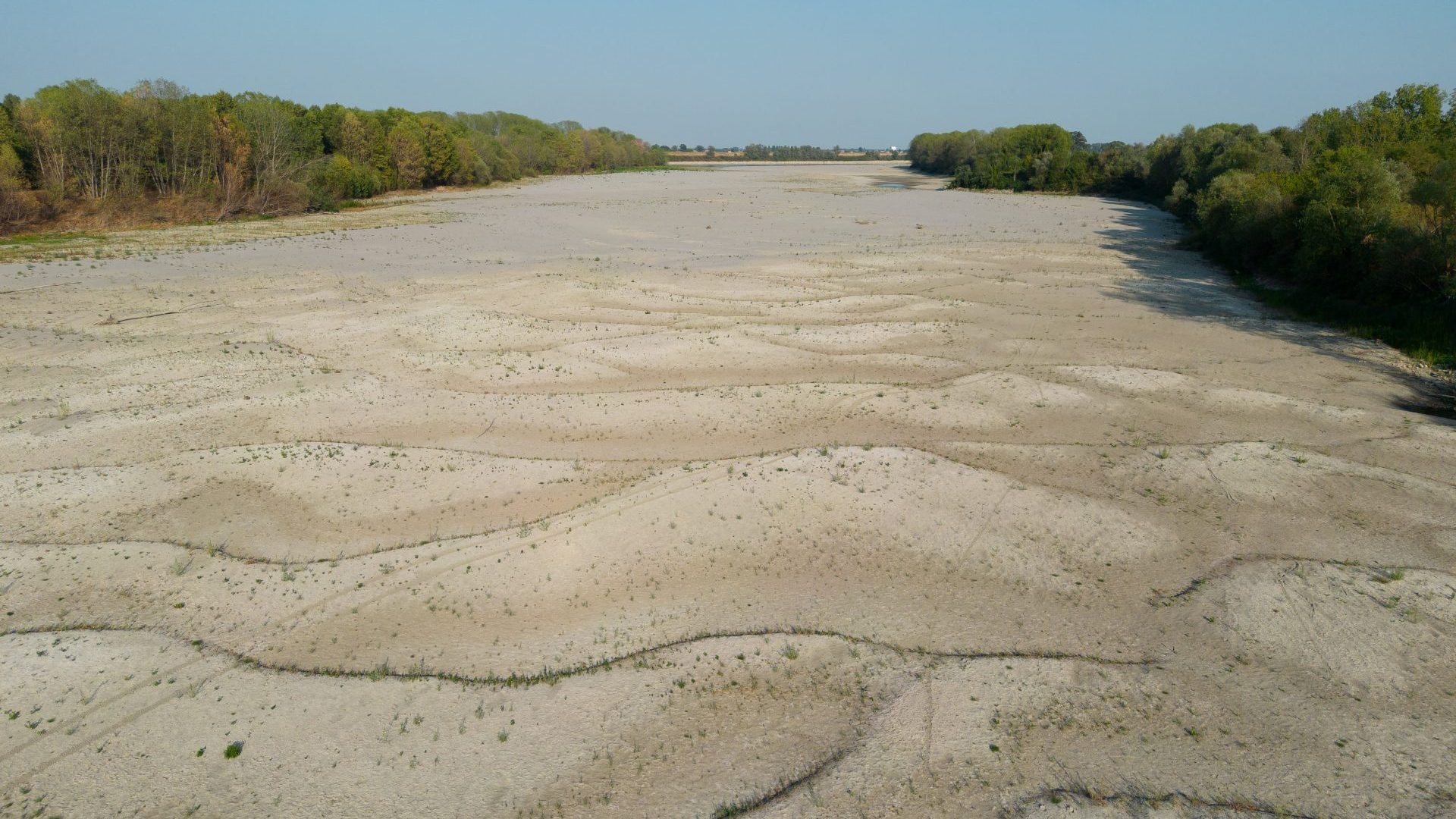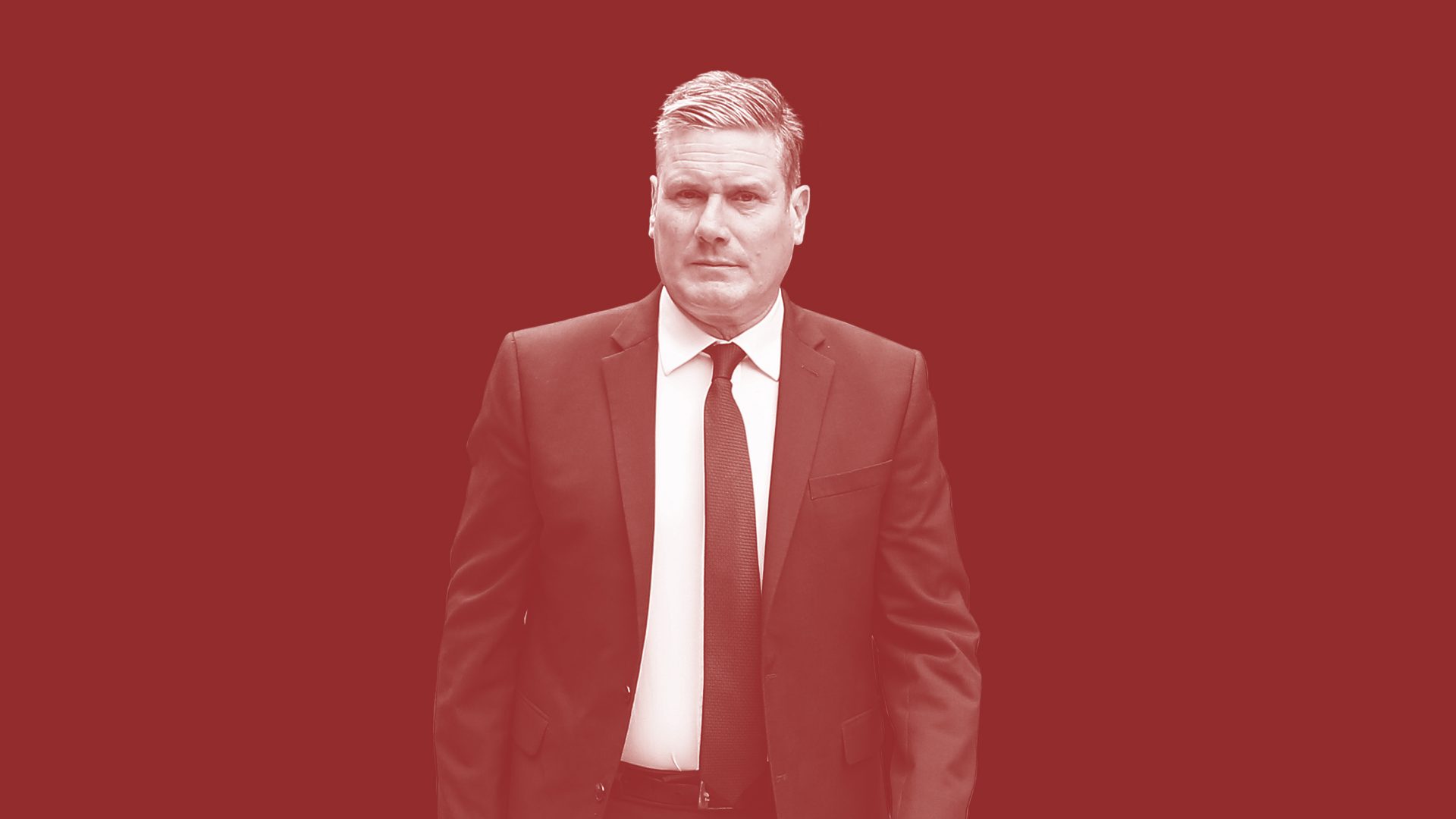It always seems to work out like this for Charles. He ended his first address to the nation as King Charles III with “May flights of angels sing thee to thy rest”. These are close to the last lines of Hamlet, a play about, among other things, a prince and his fraught relationship with his mother.
He had a bad start in Northern Ireland when at Hillsborough Castle a leaky pen caused him to curse, displaying a hair-trigger temper. He topped the display off by signing the date wrong.
His mother’s lying in state took place in the hall where Charles I was tried for treason. And his heir William, now Prince of Wales, will be the first king descended from Charles II, a man who had plenty of children. Unfortunately, none of them by his wife.
Not only is his son directly descended from the Merry Monarch through the Spencer side, but so is his wife, Camilla, the Queen Consort, through her family. He is surrounded by the man nicknamed Old Rowley, after Charles II’s favourite stud horse.
Will Charles III be a king like Charles I, insistent on protocol and royal privilege; or like Charles II, the playboy king who underneath it all was paying back all those who had done him wrong? This guy had Oliver Cromwell’s body disinterred, hanged, beheaded and the head displayed. Plus, Charles II died a Roman Catholic, a big “f*** you” to all the Protestants who had made his and his father’s life a misery.
The signs are there that, first of all, Charles III intends to maintain the importance of his family not only in the national eye and the national heart, but also in the national mind.
At the Abbey was his heir William. And also the second and third in line to the throne: George and Charlotte. All those complaining about why these two little children were there just don’t get it.
Charles was saying that his line of succession is young: there is his 40-year-old son, who if he is a typical Mountbatten Windsor, will be long-lived; and behind him, two little kids, including perhaps a precedent-breaking princess.
Because, if a tragedy or an early abdication were to happen, Charlotte might be the monarch in her own right, preceding her younger brother Louis. It is the first time in British royal history that a woman precedes a younger brother in the line of accession.
The question is: what country will these royals reign over?
I spent time after the Queen’s death broadcasting for CNN, talking to Americans about the country I have lived in half of my life and suddenly was seeing anew. One night, I decided to walk to Westminster Bridge, which is close to where I live, on my way to my duties as a pundit.
There I saw “The Queue”, long and snaking and absolutely silent in the dark. Silent with a silence that I had never before experienced from a crowd of this size. Utter and deep and contemplative silence.
This was mighty, and for me, the breakout story of this funeral. And its breakout star was the 72-year-old daughter of the late Queen, Princess Anne, the Princess Royal, the first woman to take part in the “Vigil of the Princes”, there doing everything that her brothers did. All of this happened in a shaken, shocked, and at some level, enraged and confused nation.
If you look online, you would be forgiven for thinking that this nation seems not to know what constitutes it. It does not know what a constitutional monarchy is, does not know what the British constitution is; does not know what the privy council is and does not know about the exchange that the crown makes with the government of the day in relation to their ancient and still viable land rights.
During my early days in London, I shared a flat with a girl who had put an engraving in stone on the wall. I asked her what it was. She hadn’t got a clue and not only that: she had never checked it out. The engraving on the wall was the Prince of Wales feathers, the badge of the Prince, whose motto, in German, is: “Ich dien” – “I serve”.
The British media have been raging at the New York Times because it has been asking questions and making comments about a nation that is almost clueless about itself.
Yet there are legitimate questions to be asked about the future of the union of which Charles has so clearly signalled his intention to be king during his first days as monarch.
As a student of history – Charles read the subject at Cambridge in the 1960s – he will no doubt remind the Scots that he is a direct descendant of Robert the Bruce, and remind the Welsh that he is a Tudor, a family whose origins began in Anglesey. Charles has spoken, and will do again, about his mother’s reconciliatory role in Northern Ireland.
Yet being the king of the union has its risks when the union itself is in doubt. No matter what the polls say now, I have little doubt that when Scotland is allowed by the UK government to hold a second independence referendum, it will vote to leave the union, just as it voted to remain in the EU.
Northern Ireland, also a region that voted Remain, has Sinn Féin as its leading party and the longer that this continues, the closer a border poll will get. Wales now has a vigorous independence movement of its own, rooted in the language.
The Commonwealth, some members of it once part of the old empire, will see Jamaica, Canada and Australia removing Charles as head of state in the fullness of time.
But, thinking about that Queue, thinking about all those people who were waiting there to make their way into Westminster Hall, you could say that Charles III will reign easy. Even in a country full of people who do not know what he really is, what he really does, or why he is really there.
All of the kings who have borne the name of Charles have faced unrest, even civil war. Charles III will have to be a different kind of man than his ancestors were in order to meet the times that we are living in.




